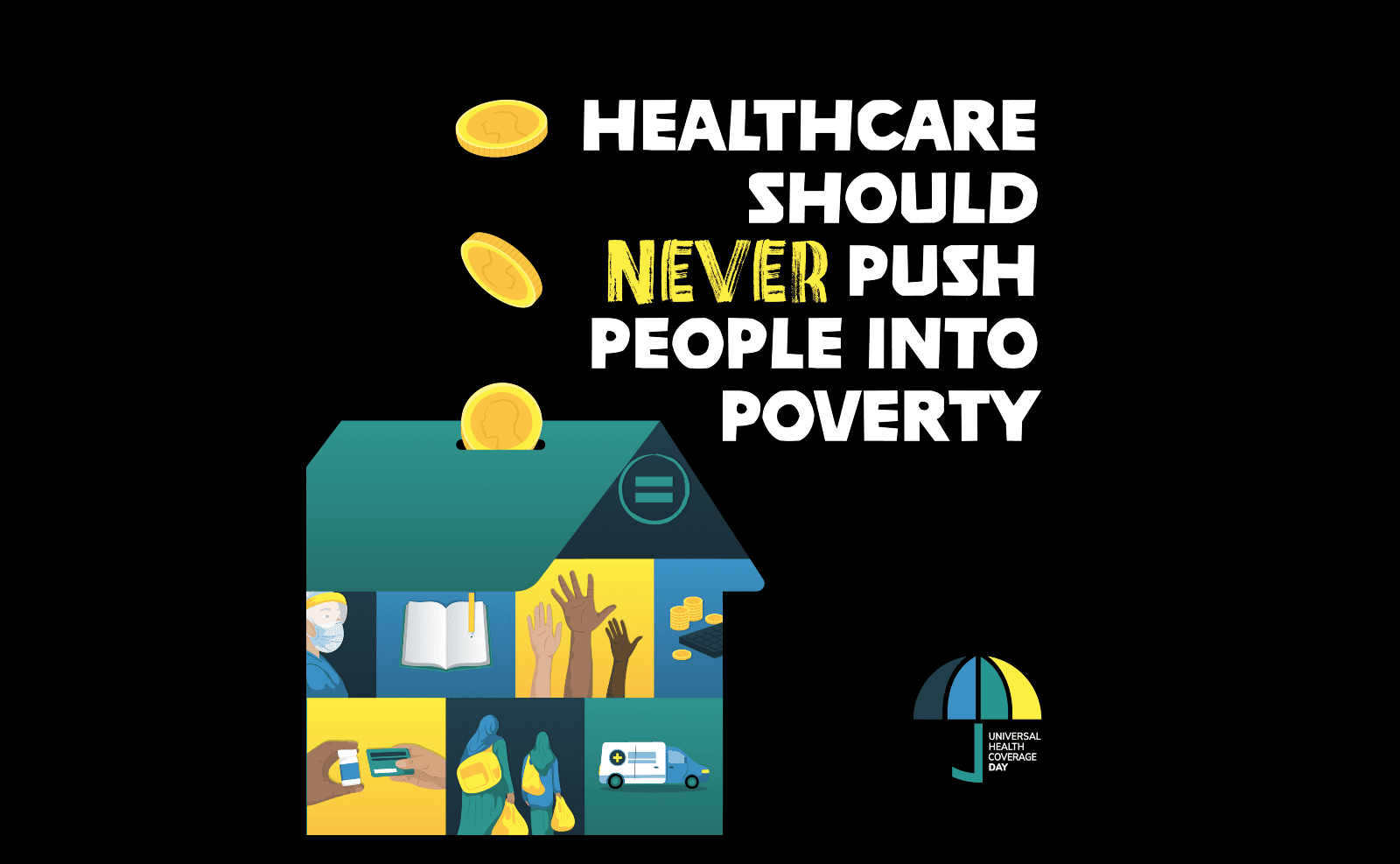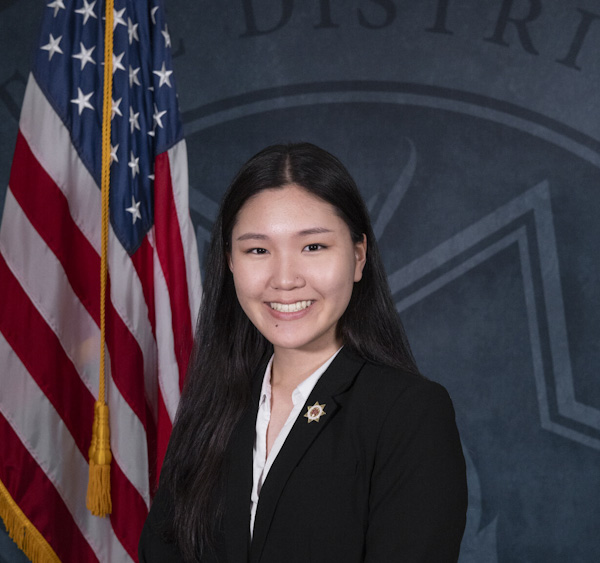Medicaid Cuts Loom for Universal Health Coverage Day
The 12th of December is International Universal Health Coverage Day. On this day, advocates remind governments around the world that universal health coverage – equitable access to high-quality, comprehensive and non-discriminatory healthcare for all – is a human rights. We are committed to advocating a future where the United States (U.S.), regardless of race or color, nationality, sex or disability, language, immigration or length of stay or age, wealth, or geography, achieves universal coverage. In the last four-year period, our country has made significant progress in narrowing coverage gaps and strengthening the civil rights of all Americans through federal and state health policies reforms. These reforms ranged from legislation passed during the COVID-19 pandemic, to historic administrative reforms. In 2023, the U.S. reached its lowest ever national uninsured rates: 7.7%. The U.S. still ranks last among high-income peer countries in terms of health care system performance. We are drastically behind on major indicators such as access to affordable health care, reducing insurance barriers, and equity.
Incoming and returning federal policymakers should be exploring how they will build on recent momentum to close remaining coverage gaps, end health care discrimination, and improve care affordability, quality, and equity for all. Instead, President-elect Donald Trump, his allies in Congress, and the White House are spending Universal Health Coverage Day strategizing about how they can pay for tax breaks for billionaires by cutting Medicaid. Medicaid is our country’s government health insurance program that covers over 73 millions people with low incomes. We also expect dangerous administrative attacks against Medicaid, the Affordable Health Care Act (ACA), as well as civil rights related to it. These include attempts to rescind civil rights that we fought for the Biden Administration to restore over the last four-years. If implemented, these dangerous reforms would bring about devastating coverage losses and fuel health care discrimination, jeopardizing the health and lives of millions of low-income and underserved people across the country.
People shouldn’t have to worry about health care access in the richest country in the world, and they certainly shouldn’t have to worry about already inadequate access getting worse. People in the U.S. have good reason to be worried about losing their health rights. A retired nurse started a conversation about this topic with other patients in the waiting room of my dentist a few weeks back. She said that Donald Trump will cut Medicaid, which is her source of insurance. I told her I shared her concern for the future of Medicaid as a former recipient who now works to defend and expand the program. We discussed the Congress’ pledge to cut the program by a variety of means, including adding work requirements, block grant, per capita cap, and/or reducing federal matching funds. These proposals are straight from the authoritarian Project 2025 Playbook. I promised her we would fight to the death to stop them. Since more than 55 years, we’ve protected health care access in low-income communities and underserved areas, defending against major threats, including the Trump administration’s dangerous attacks on health. NHeLP, through policy lawyering, advocacy, litigation and enforcement, has fought against attempts to cut Medicaid, defeated efforts to repeal and replace the ACA and Medicaid provisions, and challenged proposals that would gut related civil rights. We spent this past year preparing ourselves for the threats we will face beyond 2025. We are prepared to fight any attack that comes our way. I still believe that we will one day achieve universal, affordable, comprehensive, non-discriminatory, and high-quality health care for all. I hope you will stand by us.
*The Medicaid Reproductive Justice (RJ), Collaborative, fights for reproductive equity in Medicaid law and policies. The Collaborative, convened by NHeLP and including Advocates for Youth as well as In Our Own Voice: National Black Women’s Reproductive Justice Agenda National Asian Pacific American Women’s Forum National Latina Institute for Reproductive Justice and Unite for Reproductive & Gender Equity, is also a part of the Collaborative.






